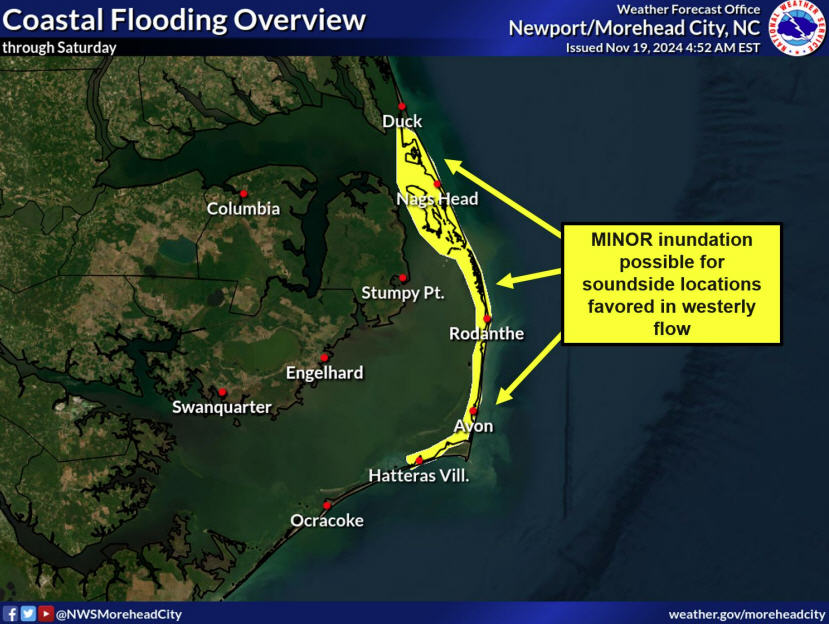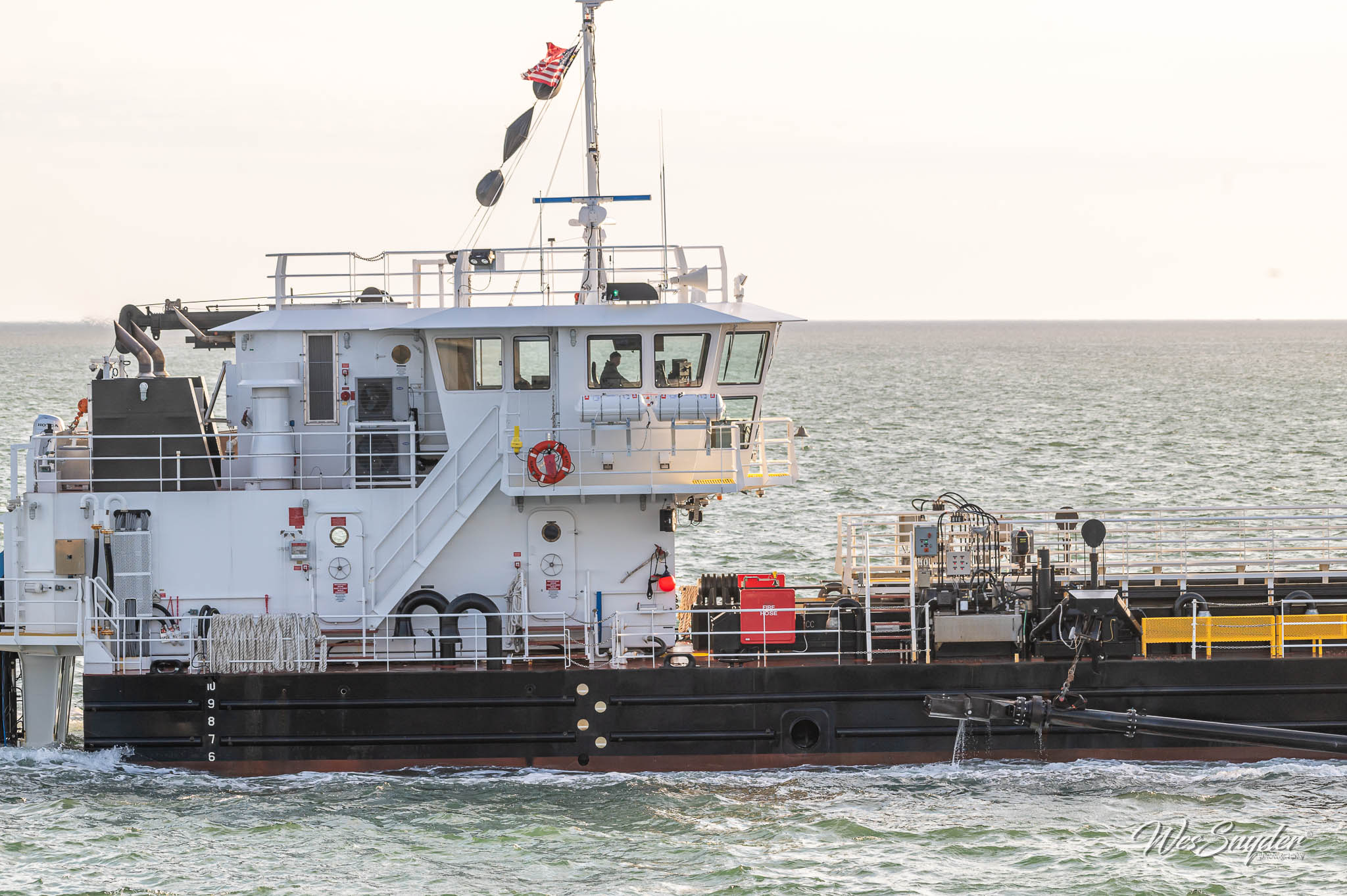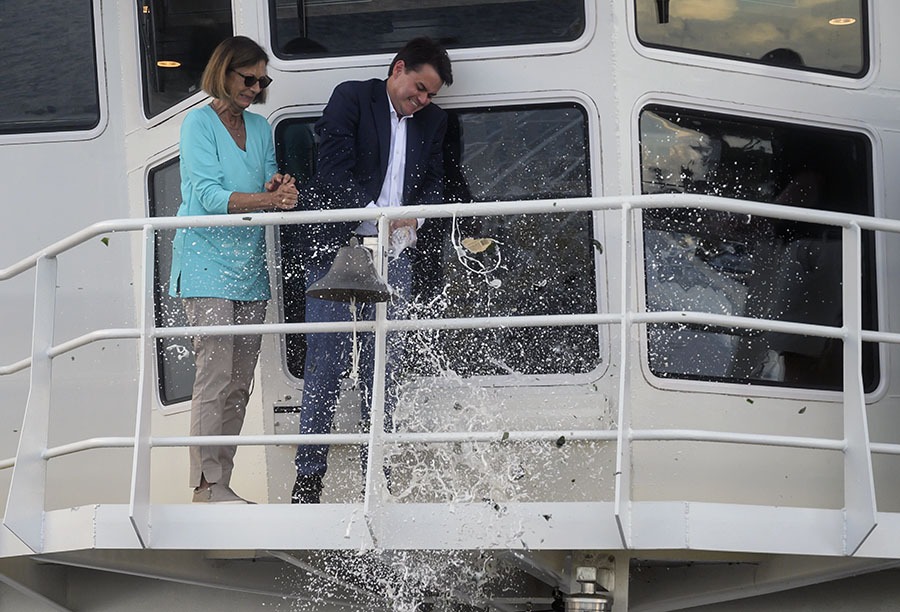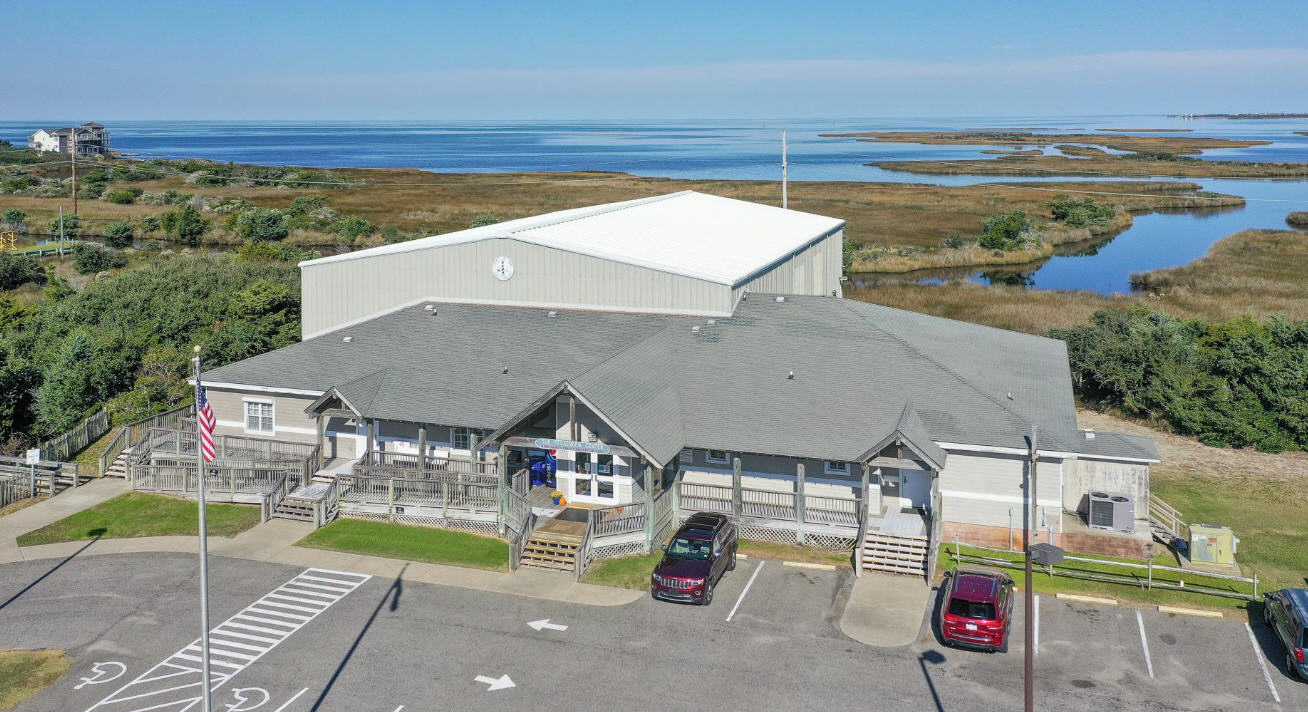Bills Would Clear Way for Terminal Groins
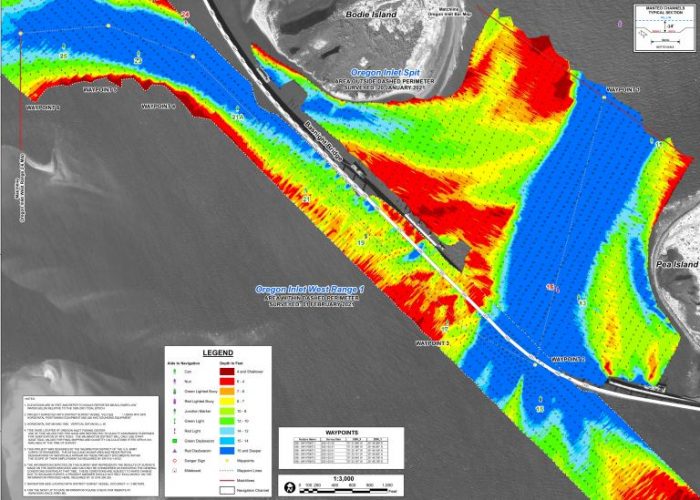
Legislation filed last week in the North Carolina General Assembly could help clear the way for federal assistance with the extension of jetties at Oregon Inlet and possibly secure funding for a proposed terminal groin at North Topsail Beach, according to state and federal representatives.
In an interview with Coastal Review Friday, Rep. Bobby Hanig, R-Currituck, said companion bills filed in the state House and Senate are a way to secure more federal help for the long-sought, controversial projects.
“I see this as a first step,” Hanig said, adding that he is still researching and getting feedback on the best route to restart a legislative effort on the inlet and may modify the bill.
The state and Dare County are already in partnership on a new dedicated dredge for the inlet, but it’s likely to take another two years before the vessel, which is being built in Louisiana, begins service.
Even then, Hanig said, dredging is not going to be the complete answer.

Hanig’s bill, and the measure filed in the Senate by Sens. Bob Steinburg, R-Chowan, and Michael Lazarra, R-Onslow, would exclude terminal groins from the definition of erosion-control structures under the state Coastal Area Management Act.
Hanig, the House Republican deputy whip, said the bill is the result of a request from staff for U.S. Sen. Thom Tillis, R-N.C., who is working on a long-term solution for chronic shoaling that makes crossing the ocean bar at the inlet increasingly treacherous.
“It’s really dangerous,” he said, recalling his own experiences trying get a boat from open ocean into the inlet. “You have to really know what you’re doing and even then it’s difficult. I’ve seen 30-foot boats in the air.”
Hanig, who chairs a new House committee on marine resources and aquaculture, said keeping the inlet open is crucial to boatbuilders, commercial and recreational fishing, and tourism.
In addition to the economic impact, the safety issues in the inlet put fishing businesses in peril.
“To me, it is just beyond unacceptable that people have to put their life in danger to go out there to make a living,” he said. “It shouldn’t be that way. It just shouldn’t be that way.”
Over the years, the state has struggled to find a solution to the navigation troubles at the inlet, but environmental and economic concerns have made that more difficult.
The state also has explicit language in terminal groin laws that prevents state funds from being used.
Hanig said the intent of the legislation is not to get around that ban.
“It isn’t my goal to have the state pay for a jetty,” he said. “My goal is to clear the path for the federal agencies to build the jetty.”
Even though a 2015 compromise allowed another four terminal groins to be built on the coast, high costs for local governments, engineering hurdles and environmental challenges have either stalled or killed most attempts in recent years.
Oregon Inlet also has a further complication, which is part of the reason for the bill.
“The sticking point is that with Oregon Inlet, it’s federal property on the south side and the north side is state property,” he said. “Senator Tillis, his office, is, trying to clear the path for them to step in and be able to help get the jetties put in.”
Hanig said restrictive 2003 legislation was meant to stop terminal groins from proliferating on the coast, but wasn’t intended to apply to Oregon Inlet.
Dare County officials have pushed repeatedly for an extension of the existing Oregon Inlet jetties and last year went on record again in support of revisiting the jetty extension.
In a statement emailed to Coastal Review over the weekend, Republican Congressman Greg Murphy of North Carolina’s 3rd District, said he supports the state legislation and efforts to improve access to the inlet.
“As much as the eastern North Carolina economy relies on maritime travel, it is imperative for our waters to be navigable. Having personally visited Oregon Inlet to assess its needs,” Murphy said, “I am a strong proponent of the effort in the General Assembly to construct an additional jetty there.”
New River Inlet also in mix
Federal help could also be coming for a proposed terminal groin in North Topsail Beach at New River Inlet, which has repeatedly shoaled over the past several years.
A legislative fact-finding trip to the inlet in 2016 drove that home when one of the vessels carrying members of a House transportation committee nearly ran aground after attempting to get close to the mouth of the river.
At the time, Rep. Phil Shepard, R-Onslow, said he was trying to put together a deal between local and state officials and the Marine Corps to keep the inlet open.
Murphy said Sunday that the three-way effort is ongoing and noted that the Army Corps of Engineers is moving forward on studies while he’s working with local leaders on a funding plan.
“The USACE is currently working on an Environmental Impact Statement (EIS) for public comment on this project. The EIS will be released in the coming months,” he said. “I will continue to work with the leadership of North Topsail Beach in exploring all funding options.”





